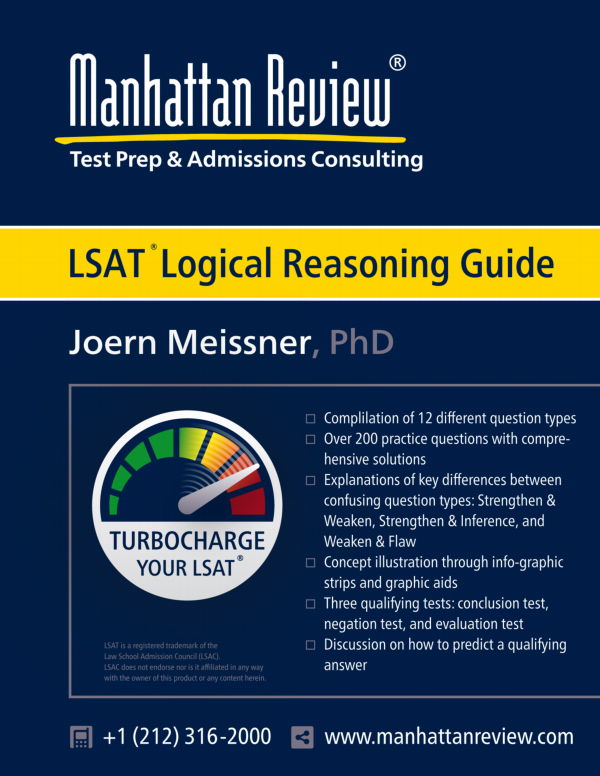How Does The Candidate Referral Service Work
LSAT Score Confidentiality
LSAC Privacy Policies for Personally Identifiable LSAT Scores and Other Student Data
LSAC has enumerated a fix of policies on privacy, data retentiveness, and confidentiality that apply to all personally identifiable examination-taker information collected and stored by the organization. All test scores become the property of LSAC and are kept indefinitely, but in near cases those scores are not available to third parties unless the student consents to have them released (to a law school as part of an awarding, for example). At that place are some exceptions to this policy. LSAC uses third-party vendors to provide various services, including payment processing, exam center administration, and client service, and these companies sometimes must have access to educatee data. Another exception is compliance with a legal proceeding. More information on score confidentiality is available on the LSAC website (www.lsac.org) nether the headings "Privacy Policy" and "LSAC Data Retention and Confidentiality."
LSAC Uses of Aggregate Data
LSAC policies for uses of aggregate student data (data sets that cannot be associated with specific individuals) are less restrictive. Aggregate data may be disclosed for marketing purposes, to acquit research, or to inform policy choices. Students are allowed to opt out of straight marketing and promotional communications from LSAC. Public disclosure of aggregate data benefits test-takers in a number of ways. Scholars from outside the organization are able to help identify bug associated with exam fairness, exam validity, and test development, leading to proposed solutions and (hopefully) an improved test. Law school applicants are able to learn the average scores of their peers, which is of immeasurable value in the setting of LSAT score goals. Educators can use LSAT information to refine their admissions policies and recruiting practices.
LSAC'due south Candidate Referral Service
The Candidate Referral Service (CRS) offers prospective law students the opportunity to exist recruited by individual police force schools. As such, the CRS involves voluntary disclosure of LSAT scores, undergraduate GPA, historic period, country of citizenship, race, and ethnicity. The CRS allows constabulary schools to search for candidates based on specific criteria inside these categories. Students who sign upward for the CRS agree to share their information with and receive promotional materials from participating institutions and organizations. Law schoolhouse applicants should carefully consider whether or not they are comfortable with this arrangement and its effects on score confidentiality earlier signing up for the CRS. Consent may be withdrawn at a afterward date, but this will probably involve contacting each institution individually and opting out according to their prescribed policies.
LSAT Score Confidentiality and the Police force
Federal laws have not been able to keep pace with the speedily advancing technology used to disseminate data. This is a very complex outcome, only at the present time and in certain contexts, it seems to be perfectly legal in much of the U.s. for organizations to disclose personally identifiable information on individuals (this does not mean that testing organizations such as LSAC are actually doing so). A few states have taken information technology unto themselves to correct this situation. In California, for instance, it is against the police force for testing entities to share information with third parties for marketing purposes if the student has opted out (note that the burden is on the test-taker, non LSAC). Prospective law students interested in this issue may wish to view the website of the Center for Democracy & Engineering science (https://cdt.org/), a non-turn a profit organisation that tracks legislative proposals and litigation in this area likewise as the related areas of net security, internet architecture, and complimentary online expression.
Privacy and the LSAC Website
The LSAC website uses cookies to rail visitors, for such stated purposes equally improving user experiences, assessing the popularity of diverse features, and preventing security threats. Users have the choice of disabling cookies with their web browsers, merely this may adversely bear upon website functionality. The LSAC website also uses Google Analytics, but in that location is an available link through which users may install the Google opt-out browser addition.
Our Books

As Seen In
How Does The Candidate Referral Service Work,
Source: https://www.manhattanreview.com/lsat-score-confidentiality/
Posted by: cainthournes.blogspot.com


0 Response to "How Does The Candidate Referral Service Work"
Post a Comment